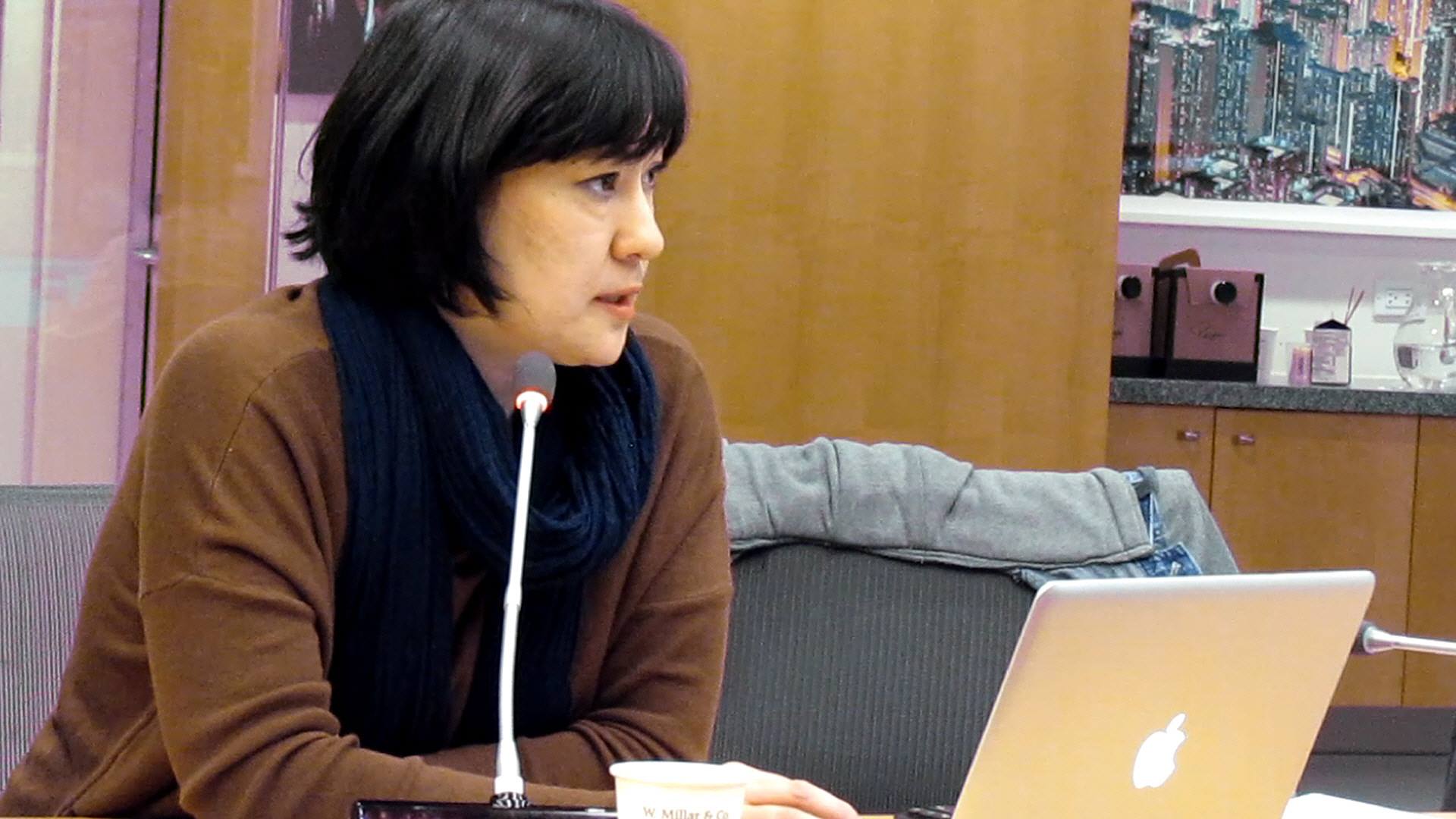The original interview by Jos Boonstra and Tika Tsertsvadze with the UGF Director, Umida Niyazova, on the human rights abuses in Uzbekistan was published in the EUCAM Watch Newsletter No. 16.
How do you evaluate the conclusions of the mission of the International Labour Organisation that monitored Uzbekistan’s 2013 cotton harvest? Have there been improvements regarding the use of child and forced labour in Uzbekistan?
Our monitoring shows that in 2013 children under 15 years of age were not mobilised on a mass scale as was the case before when schools used to shut down for almost two months, and school children as young as 6 years old were forced to work in the cotton fields. However, in 2013 the authorities did force children aged
between 16 and 18, who were studying at colleges and lyceums, to harvest cotton in every region, spending, on average, between two weeks and two months in the cotton fields. During the past few years, there seems to have been a tendency to replace the number of children mobilised to pick cotton with adults. Nevertheless, the number of students forced to pick cotton remains massive.
Unfortunately, it was impossible for the ILO to conduct an objective and comprehensive monitoring. The ILO monitoring groups included Uzbek government representatives or representatives of quasi-governmental organisations. This joint monitoring in practice meant that ILO representatives could interview people
only in the presence of local officials. During their 50-day visit, ILO representatives did not meet a single local human rights activist.
The Uzbek government used various methods to pretend that students were in school and not in the fields. It is reported that before the arrival of the ILO monitors, first-year students, which are generally 16 years old, were returned from the fields to school to continue their education. A 15-year old interviewed told this author
that he and his classmates were taken to a local college where all students were away harvesting cotton and were told to pretend to be first- and second-year students.
Could regime change through presidential succession in Uzbekistan over the coming years have a positive impact on the country’s human rights situation?
President Karimov’s successor will likely be appointed by the National Security Service, Uzbekistan’s most powerful structure. The new leader will have to guarantee the status-quo of the already divided business and economic interests of the elites. Human rights will be at the very bottom, if at all, of his/her priorities. The new president will try to maintain control over society and government institutions such as the parliament and the judiciary. The problem of human rights in Uzbekistan is foremost a political question. The current problems faced by Uzbek citizens include poverty, energy shortages, a biased justice system and a rubberstamp
parliament, corruption, propaganda, and social problems, aggravated by millions of labour migrants. Despite this grim situation, however, there is no resistance and protest. Society lives in terror and fear. As the 2005 Andijan events have shown, the authorities are ready to commit mass-scale killings of protesters for the sake of regime security and stability. The authorities fear that allowing minimum fundamental freedoms will endanger the stability of the current political elites. This means that the chances of human rights improvements are slim in a succession scenario in Uzbekistan.
What are the best opportunities for the EU to promote human rights in Uzbekistan and how can the EU help and push the government to meet its international human rights obligations?
The EU’s strategy for Central Asia envisages discussing human rights with the Uzbek authorities. At times, EU officials have engaged with government-organized non-governmental organisations (GONGOs). The EU feels that there are not many opportunities to work with a free civil society in the country itself. Only a few resources have been devoted to Uzbek civil society activists. For the political elites in Uzbekistan, values such as freedoms, human rights or the separation of powers are very hostile. Government officials who participate in EU programmes do not seem to take them seriously and have no real interest in learning about international human rights standards or improving the human rights situation in Uzbekistan. Despite these circumstances, it is still necessary to provide moral and financial support to Uzbek civil society both inside and outside Uzbekistan. One area where support would be particularly important and perhaps more effective is free media, with a view to offering citizens objective information. It would also be helpful if the EU reacted more actively and publicly to human rights violations in Uzbekistan. At the same time, EU-Uzbekistan human rights dialogues should not be limited to closed-door meetings. Human rights defenders would like to know more about what topics are discussed, how the EU raises these important issues with the Uzbek authorities, and how Uzbek officials respond. This would enable human rights defenders to put forward their opinions and possibly discuss with Uzbek officials in the presence of the EU.





